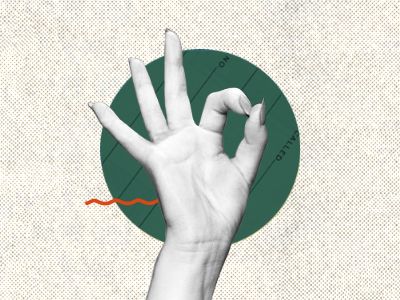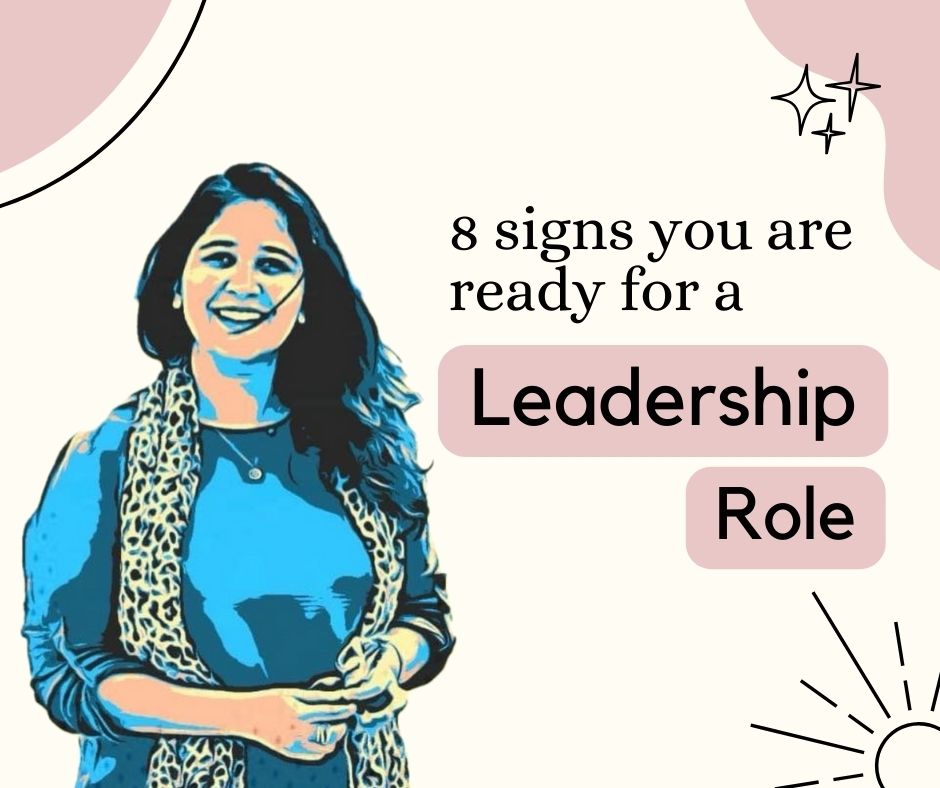[Ramzan, 22] Welcome to Day 22 of our Ramzan Writing Series.
Today’s topic is Dua.
Dua means to call, to invoke someone in a sort of hushed way. A word similar to dua is “nida’a” which means to call from afar. So when we say we make dua, we mean to say we are calling someone close to us. What a beautiful way to put it! Subhan’Allah.
Dua is first and foremost a sign of humility in a person. A person who acknowledges his dependency in each and every matter will be the one who will make dua the most. Similarly, not making proper or enough dua is a sign of arrogance and heedlessness.
Are you making dua like you should? Think about it today.
? ETIQUETTE OF DUA:
How to go about a dua generally? Start by glorifying Allah and then make darood on the Prophet Muhammad (sallalaahu elehe waa aalihi wassallam), next glorify Allah by His beautiful names and invoke His Mercy by speaking words of His Praise. Then thank Allah for all his blessings. When you start making your plea, start with your own self first. Ask for ‘hasanah’ (goodness) of this world and the next world. Talk to Allah and share everything in your heart with Him. Pray for others too, but it is recommended that you start with dua for your own self first.
Some of the etiquette of dua are that you shouldn’t be in a haste. Also, you shouldn’t expect dua to be fulfilled immediately. Remember that Hazrat Ibrahim (a.s.)’s dua was accepted in the form of Hazrat Muhammad (sallalaahu elehe waa aalihi wassallam). According to a Hadith, our Prophet (pbuh) said, I am the acceptance of my father Ibrahim’s dua.
When you make dua, don’t give Allah a to-do list. Allah please give me this, this, this and this. Be humble in your approach.
The prophetic duas narrated in the Quran are perfect examples of beautiful and humble duas.
– When Hazrat Younas (a.s.) was in the whale’s stomach, he didn’t complain. He said, “mein ne apni jaan par zulm Kia hai”
– When Hazrat Zakariya (a.s.) made dua for an offspring, he said in his dua, “mein Aap (Allah) se maang kar kabhi maayoos nai hua”
– When Hazrat Ayub (a.s.) was ill and in a lot of pain, he still didn’t complain about it. Rather, he made his dua by saying, “Ya Allah, takleef ne mujhe chhoo liya hai”. He didn’t say the sickness was from Allah even though it was.
We see beautiful etiquette of dua in these beautiful instances narrated in the Quran.
? CAN I ASK FOR WORLDLY GAINS?
I want to mention here that asking dunia or these worldly gains for yourself is not a bad thing. We make dua at the end of each Namaz: Rabbana Aatina fid-dunya hasanatan wa fil ‘akhirati hasanataun waqina ‘azaban-nar (Surah Baqarah, 201), which means,
“Our Lord, give us good in this world and good in the Hereafter, and save us from the punishment of Fire.”
So Allah has taught us to ask goodness of this dunia also. The goodness of this world is connected to the goodness of the next too, hence it is equally important to ask for righteousness for this life also.
? ACCEPTANCE OF DUA:
Three forms of acceptance of dua:
1. It is accepted
2. It averts a calamity that was coming your way
3. Allah saves it for the hereafter and you will get the ajar for it in the next life.
It is said that when a person will see the accumulated ajar of his duas in the next life, he will wish that no dua was accepted in the this world!
Call Allah by His Attributes. Allah loves that we invoke Him with His names. He is Ghafaar, Tawwaab, Rehmaan and Raheem.
Anas, may Allah be pleased with him, said: “I was sitting with the Messenger of Allah
while a man was supplicating, ‘O Allah! I ask You by the fact that all perfect praises be to You: there is none worthy of worship except You, The One who confers favors and The Creator of the heavens and earth, The Owner of Majesty and Honor, The Ever-Living, The Sustainer of (all) Existence.’ On that the Messenger of Allah said: ‘He (this man) has invoked Allah by His greatest name by which, if He is invoked, He would respond (to supplication), and if He is asked (anything), He would give.’” [An-Nasaa’i]
There are certain times of acceptance of dua as mentioned in the Quran and Hadith:
• The time just before iftar is a time of acceptance of dua. Please don’t miss this time this Ramzan.
• There is a specific time on Friday in which all duas are accepted
• Dua that is made after farz namaz (without speaking to anyone in between) is accepted
• Tahajjud is considered one of the best times for a dua to be accepted. According to a Hadith, Allah descends on our sky each night in the last third of the night and asks who is there to ask Him, so that He May grant His dua.
• A parent’s dua for his child is accepted
• A dua from a ‘mazloom’ is accepted
• Make dua when it rains as it is a time of acceptance
• A traveler’s dua is accepted, so remember to make dua when on a long journey.
? KEEP YOUR CONNECTION WITH ALLAH:
It is important to mention here that since most women don’t get proper time to sit and follow the etiquette of dua, owing to our household matters, it does not mean that we miss out on the benefits of dua.
Even if you are running around the house, you can do zikr. Keep your heart connected with Allah at all times. Ask Him for everything, big and small. According to a Hadith, ask Allah even if it is something as small as salt or a shoelace. After all, ‘dena to Osi ne hai!’
Dua is a powerful tool that enables a man living on earth to reach the Rabb on His Throne.
Tonight is the second “taak raat” of this Ramzan. Let’s make the most of it and earn forgiveness for yourselves.
Ameen sum ameen.





